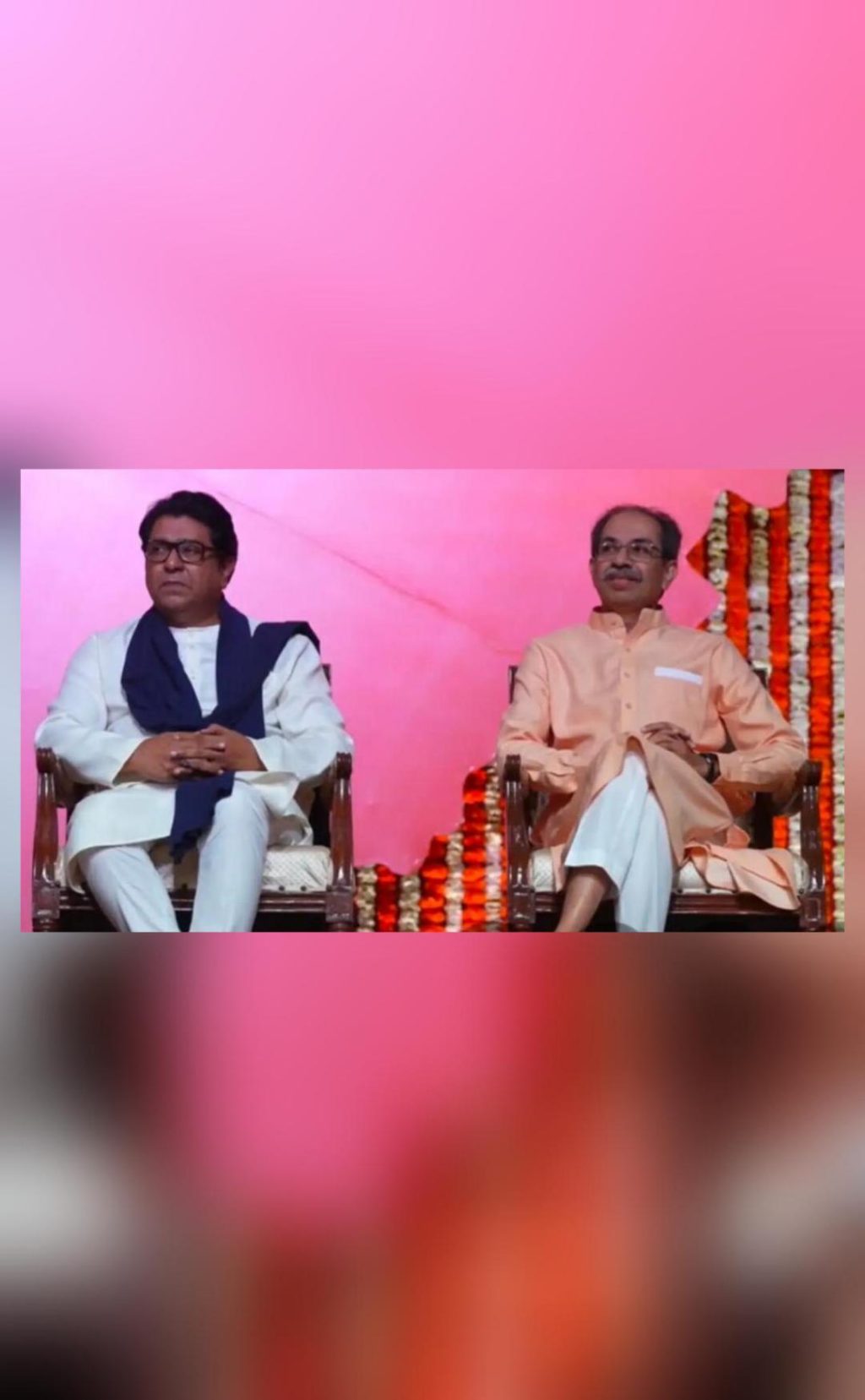
Title: Neither Hindi nor Marathi, Uddhav & Raj just love family: BJP
The recent joint rally of Shiv Sena (UBT) chief Uddhav Thackeray and MNS president Raj Thackeray to celebrate the Maharashtra government’s rollback of the three-language policy has sparked a fresh controversy. Reacting to the development, BJP leader Gaurav Vallabh has alleged that the two leaders came together “due to political compulsion” and not out of any genuine love for the state’s languages.
Vallabh, in a statement, said, “Stop hiding behind Hindi and Marathi. You neither love Marathi nor Hindi, you just love your family.” His statement has left many wondering what he meant by it. Is the BJP leader trying to say that Thackeray and Thackeray’s love for their family is more prominent than their love for their state’s languages?
To understand the context, it’s essential to know what the three-language policy is all about. The policy, which was introduced by the Maharashtra government, aimed to make Marathi compulsory in schools, in addition to Hindi and English. The policy was met with widespread opposition from various sections of society, including students, teachers, and parents, who felt that it would lead to a decline in the quality of education.
The opposition to the policy was largely fueled by the fact that it would create a scenario where students would have to learn three languages, which would put an extra burden on them. Moreover, the policy was seen as an attempt by the government to impose a particular language on the people, which was against the spirit of linguistic diversity and freedom.
The joint rally of Thackeray and Thackeray was seen as a victory for the opposition to the policy, and it was attended by thousands of people from all walks of life. The rally was also seen as a statement of unity among the people of Maharashtra, who came together to reject the policy and assert their right to choose the language they want to learn.
However, Vallabh’s statement has sparked a fresh controversy, with many questioning his motives. Is he trying to divert attention from the real issue, which is the people’s right to choose their language of preference? Or is he trying to create a divide between the people of Maharashtra by pitting them against each other?
It’s worth noting that Vallabh’s statement has been widely criticized by many, including some BJP leaders who have distanced themselves from his remarks. The statement has been seen as an attempt to undermine the legitimacy of the joint rally and the people who attended it.
In conclusion, Vallabh’s statement has sparked a fresh controversy, and it remains to be seen how it will be received by the people of Maharashtra. While the joint rally of Thackeray and Thackeray has sent a strong message about the people’s right to choose their language, Vallabh’s statement has created a fresh divide and has sparked a heated debate.
It’s essential to remember that the people of Maharashtra have a right to choose their language, and it’s up to the government to respect that right. The three-language policy was a mistake, and it’s essential to learn from it and move forward.
As we move forward, it’s essential to remember that language is a sensitive issue, and it’s essential to be respectful of each other’s languages and cultures. We must also remember that the people of Maharashtra are not just fighting for their language rights, but they are also fighting for their rights as citizens of the state.
In the end, it’s up to each one of us to decide what we want to do, but it’s essential to remember that language is a powerful tool, and it’s up to us to use it wisely.






